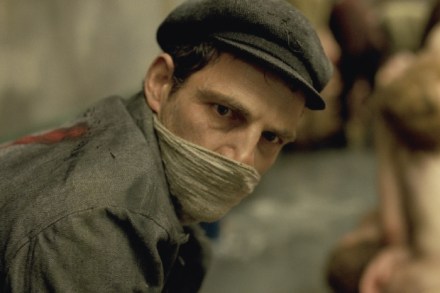Orban and Macron, Europe’s new power couple
After Brexit, the general assumption was that France and Germany would take their place as the two rulers of Europe. But Angela Merkel’s influence has been waning and Germany is often an absent power — preoccupied as it is by redefining its own politics after 15 years of her rule. This suits Emmanuel Macron, who was never satisfied with sharing the stage with her. He has found himself another ally, one who is far more influential than people give him credit for — Viktor Orban. Macron and Orban have a monastic attitude to power: they both rule on the basis of there being a single orthodoxy that everyone must observe.




















